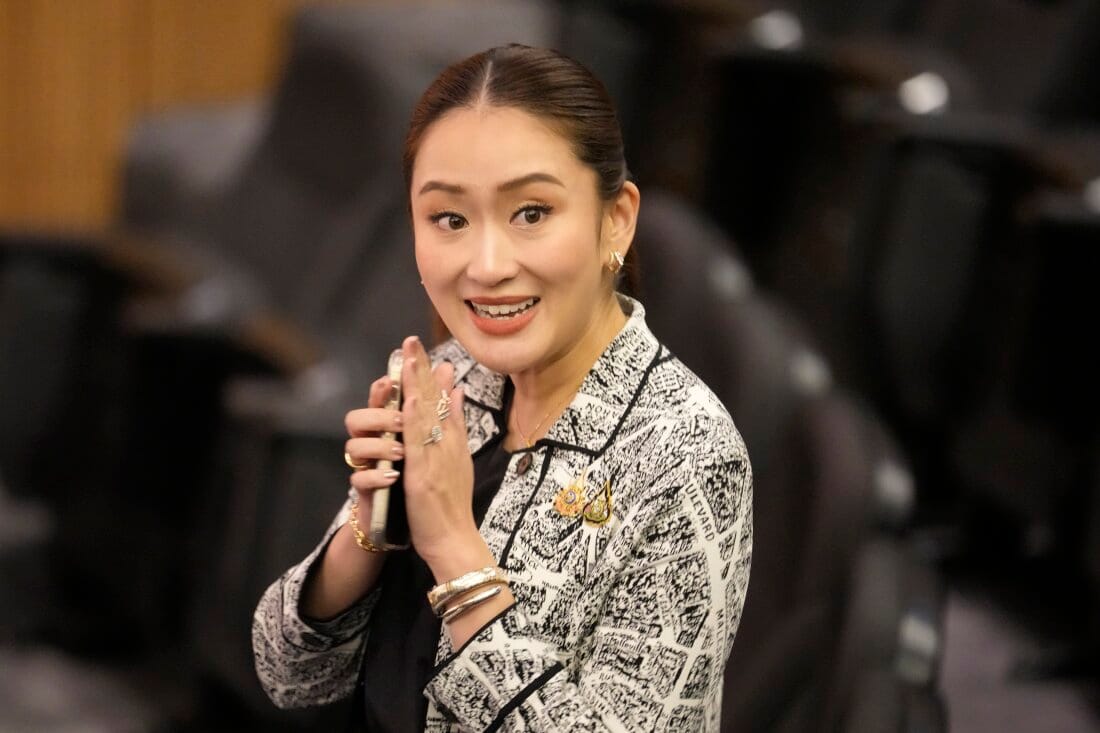What Will Be the Policies of Paetongtarn Shinawatra: A Continuation of Her Father's Legacy?
As Paetongtarn Shinawatra steps into Thailand's top political role, the question arises whether she will continue her father Thaksin's populist policies or chart a new course for the nation's future.
Paetongtarn Shinawatra, often referred to by her nickname "Ung Ing," has made history as Thailand’s youngest-ever prime minister at the age of 37. Her ascent to power comes at a time of political turbulence in Thailand, marked by the recent removal of her predecessor, Srettha Thavisin, through a constitutional court ruling. Paetongtarn is not just another politician; she is the youngest child of Thaksin Shinawatra, a billionaire tycoon and one of Thailand's most influential political figures. With her rise, the question arises: Will Paetongtarn continue the policies of her father, Thaksin, who significantly shaped Thailand’s political landscape, or will she carve out a new path?
Thaksin Shinawatra's Political Legacy
To understand Paetongtarn's potential policies, it's essential to revisit the legacy of her father, Thaksin Shinawatra. Thaksin, a telecommunications mogul, first became prime minister in 2001. His tenure was characterized by populist policies aimed at improving the lives of Thailand's rural poor, which included:
- Universal Healthcare: Thaksin introduced a universal healthcare system, often referred to as the "30-baht scheme," which allowed citizens to receive medical treatment for just 30 baht (less than $1).
- Debt Relief: He initiated a debt moratorium for farmers, which was highly popular in the rural heartlands.
- Village Fund: Thaksin established a one-million-baht fund for each village, allowing local communities to access capital for small projects.
- Economic Policies: His administration promoted infrastructure development and foreign investment, which contributed to rapid economic growth during his time in office.
However, Thaksin's tenure was also marked by controversy, including allegations of corruption, human rights abuses during his "war on drugs," and his increasing authoritarianism. These issues ultimately led to his removal in a military coup in 2006, after which he spent years in self-imposed exile.
Paetongtarn’s Potential Policies: A Reflection or Departure?
As Paetongtarn takes the helm, her policies are likely to be scrutinized for their resemblance to or divergence from her father's legacy. Several factors suggest that she may continue to champion some of the populist measures that made Thaksin a hero to many in Thailand, particularly among the rural and working-class populations.
- Social Welfare Programs: Paetongtarn may revive or expand social welfare programs similar to those initiated by her father. Given the enduring popularity of the 30-baht healthcare scheme and other pro-poor policies, it’s plausible that she will focus on healthcare, education, and poverty alleviation.
- Economic Growth and Infrastructure: Like her father, Paetongtarn could emphasize economic growth through infrastructure projects and foreign investment. With Thailand's economy facing challenges, she might seek to attract foreign investors by offering incentives, similar to the strategies Thaksin employed.
- Rural Development: Thaksin’s policies were largely focused on rural development, and Paetongtarn may continue this trend. Supporting agriculture, providing microloans, and improving rural infrastructure could be key components of her agenda.
- Handling the Military and Establishment: Thaksin's relationship with the military and the pro-royalist establishment was fraught with tension, leading to his ouster. Paetongtarn will need to navigate this delicate balance. While she may carry on with populist policies, she might also seek to mend relations with the military to avoid the fate that befell her father.
- Political Reforms: Given the ongoing political turmoil in Thailand, Paetongtarn might pursue political reforms aimed at stabilizing the country. This could include electoral reforms, changes in the constitution, or efforts to reduce the influence of the military in politics.
Conclusion
Paetongtarn Shinawatra’s rise to power is a continuation of the Shinawatra family's significant influence in Thai politics. While she is expected to carry forward some of her father’s populist policies, she will also face the challenge of navigating Thailand’s complex political landscape, particularly in her dealings with the military and the establishment. Whether she can balance these competing interests while addressing the needs of the Thai people will define her tenure as Thailand’s youngest prime minister.






